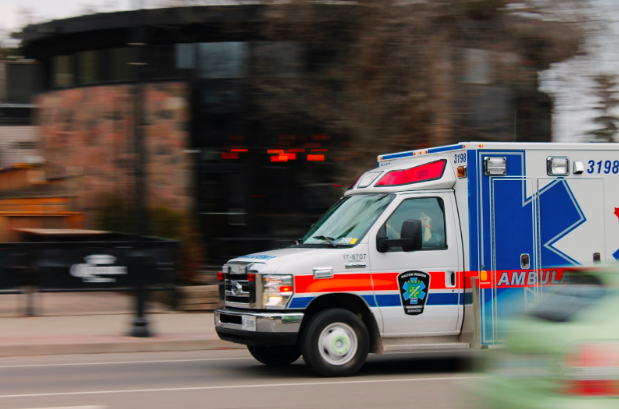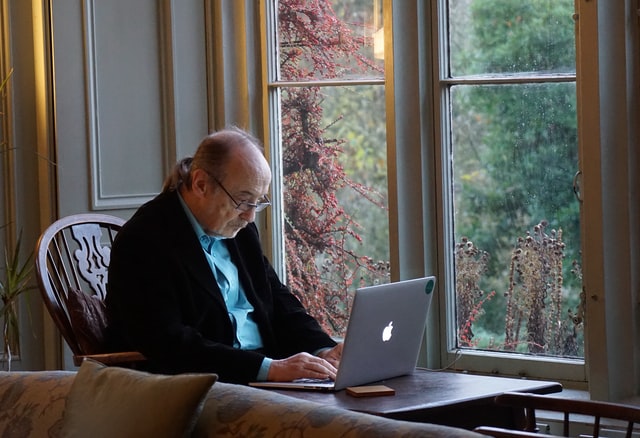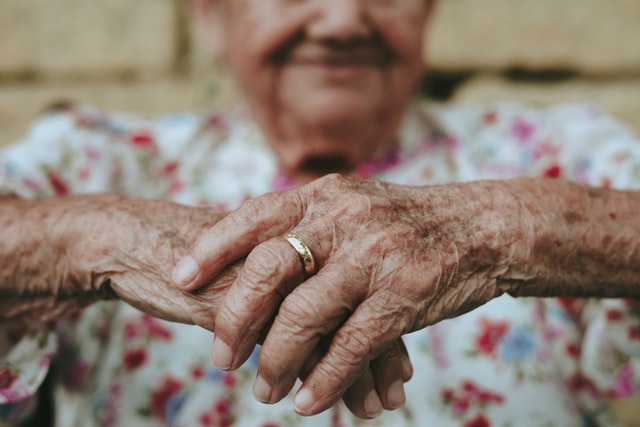Every night this spring, New Yorkers opened their windows and doors to loudly cheer for our nation’s front line healthcare heroes. That applause is well-deserved, as we owe a great debt to those working tirelessly on the front lines.
Those heroes undoubtedly include nursing home staff, hospital workers, and healthcare staff, but they also include Chevra Hatzalah, the largest all-volunteer ambulance in the United States.
Chevra Hatzalah hasn’t only set the standard for other Hatzalah rescue services, it’s also the model for ambulance services across the world. Hatzalah, which is Hebrew for ‘rescue’ or ‘relief’, is revered for its legendary response time. On average in the U.S., it takes medical services anywhere from eight to 14 minutes to arrive at the scene once a 911 call has been placed. Some patients, especially in rural areas, experience even longer wait times than that.
But in a life-threatening emergency, every second counts. Chevra Hatzalah was founded by a group of Hasidic men after a member of their Hasidic Jewish community died from a heart attack while waiting for an ambulance. Since these ambulances are centralized in smaller areas, they can respond to emergencies at a faster rate. In fact, it only takes them two to four minutes to arrive on scene, which is nearly half the nation’s average.
Chevra Hatzalah’s model was eventually copied by other Hasidic communities, but they don’t just serve members of the Jewish community. Their mission is to serve everyone, regardless of race, religion, or ethnicity, and at no cost to the patient.
Chevra Hatzalah has over one thousand paramedics, medical technicians, physician assistants, and MDs on staff, all of whom are on call 24 hours a day, 7 days a week. With over 60 ambulances that serve New York City and upstate New York, Chevra Hatzalah’s team responds to over 75,000 medical emergencies a year.
But there’s been an uptick since the pandemic, so much so that they had to release a statement advising patients to only call when there’s an emergency. As such a strong presence in their community, residents were calling Chevra Hatzalah’s dispatchers for general advice about the coronavirus and safety protocols, which began holding up the line for patients with more serious needs.
Even in the midst of a pandemic, Chevra Hatzalah has never lost its focus on providing quality care to their patients. Their volunteers provide medical assistance, but they also take care of patients’ other needs, like bringing them any supplies they might need for an extended hospital stay, locking and securing their home to safeguard against break-ins, and, when possible, finding someone to stay in the hospital with them so they shouldn’t be left alone.
As a non-profit, Chevra Hatzalah relies on support from their communities so that they can continue to provide emergency services at no cost to patients. If you or someone you know has benefitted from their services, or you want to ensure that our communities are taken care of, you can make a credit card donation here.
These volunteers put their lives on hold to save the lives of others. Since their volunteers are Hasidic Jews, they often have to leave their families, jobs, Shabbos meals, and Pesach Seders to respond to an emergency call. But that’s what heroes do. They make sacrifices for the good of others.





